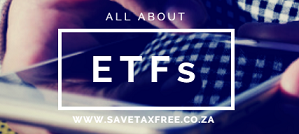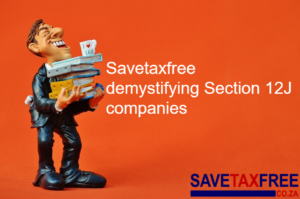To credit or not to credit? The debt’s the question
By Leya Mall | 19 September 2018
Welcome back readers, to the Tax-Saving South African, where I walk with you in your personal journey through a range of financial themes
Have you noticed that the moment you start working the banks suddenly find you particularly attractive? They start calling you, out of the blue, to sign up for a credit card – that sexy piece of plastic that holds so much promise and peril. This is the key to buying anything you want. Right? Well the banks will tell you that, but be careful, it starts with buying a few items here and there until you find yourself sucked into the debt trap.
When I receive these calls I often ask myself where they got my number from and whether I really need a credit card, especially because I know I can’t pay back the debt. This article looks at the concept of a credit card and assesses whether it’s necessary so early on in our careers.
Before we delve into the “exciting” world of credit cards we usually start out with a debit card to stash our loot. Debit cards offer an easier way to withdraw money directly from your savings account. When there’s no more cash we can’t take anything else out – there are no loans and no interest is charged. The only expenses are those irritating bank charges outlined in fine print when we open a bank account.
A credit card on the other hand offers you credit, which is actually debt. It’s a bit weird, they call it a debit card when you have no debt but a credit card gets you into debt.
The credit card can be used to make purchases for cash or on credit (your debt), but it requires you to pay back the loan amount plus interest. You need to make a monthly minimum payment every month by the due date, or more interest gets lumped on. Then if you still don’t pay that accumulated debt, the bank hands your account over to collection.
You’re probably thinking: “That isn’t too bad I can easily pay the minimum amount or even the full amount owed.” Not exactly; the reason a credit card comes in handy is if your income doesn’t cover all your expenses – and I don’t mean for the Sam Smith concert tickets. I’m referring to necessities like monthly groceries and rent, the non-negotiable expenses or even big-ticket items like a fridge or the latest Apple gizmo.
Banks look at your credit history and income to consider your application for a credit card. This is where it gets a bit weird. You don’t get a credit history if you haven’t already bought stuff on credit. In other words, you actually have to get into debt to build a credit history.
However, your regular monthly expenses such as rent and water and lights will count towards your credit score. With a low or non-existent credit history, you could be refused credit or be given a less attractive deal on interest rates.
To build a credit history, it’s best to buy small-ticket items on credit and ensure you pay that off in time.
Did I also mention that if you miss a payment you’ll have to pay a penalty charge? There’s also a penalty for exceeding your credit limit which is a possibility if you are “robbing Peter to pay Paul”. Be careful not to default on your debts as this can lead to blacklisting and you’ll struggle in future credit applications.
If you are going to apply for a credit card here are some tips to ensure you find the best option.
Step 1: Don’t just sign up without reading the fine print with the banks who magically call you once you start earning a salary. That’s the kind of boring advice you’ve probably always received from your parents: they were right.
Step 2: Find out what interest rate you’re being offered then compare that with other banks.
Step 3: If you do sign up for a credit card, pay the amount due in full and on time each month to avoid being charged excessive interest on your existing interest.
Step 4: If you get seduced into signing up for two or more credit cards, never use one card’s debt facility to pay off the debt on another card. That’s a debt spiral you definitely want to avoid.
Be aware of the implications of a credit card – the way you use it will determine whether it will become good or bad debt. Just to sweeten the deal, I have added a list of pros and cons below of this dangerous but useful piece of plastic. As Spiderman’s uncle Ben once said: “With great power comes great responsibility.”
Continue following this series to become a wiser tax-saving South African!






